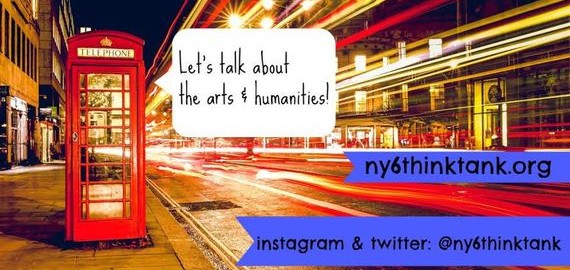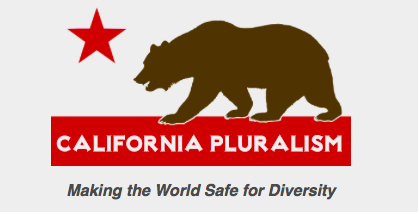As a Not-For-Profit Administrator I was often plagued by the assumption from For-Profit Business Professionals that our work was substandard to their own, that by virtue of the title we were an inferior business model. Even our Presidential Race echoes this sentiment with people supporting Donald Trump because he is seen as a successful business executive that can get the country back on track financially. The question I would ask these business professionals is: “What is the mission of Capitalism, and how will it react to a marketplace that is evolving faster than ever before”?
Humanities for Sale: Proving the Value of Humanities in an Age of Sky Rocketing Tuition Fees.
The humanities are dying.
At least, that’s what we see from college statistics, and what we hear from various sources of outcry. One of these sources is William Deresiewicz, ex-Yale professor and author of the book Excellent Sheep. Deresiewicz claims that arts and humanities are being pushed out by more “practical” majors, such as economics.

Christine Henseler, “The Millennial Perspective: What College Students Say About the Value of the Arts and Humanities”
The high school and college students of today are the workforce of tomorrow. They have a personal interest in the shape of the future, and they are directly affected by national conversations about educational value, access, and cost.
These students are bombarded with messages concerning the usefulness of their college degrees. The practicality of different fields of study. Their employability and salary prospects. In essence, the major question running the show is: What is your worth when you consider the worth of your college degrees?
Although they are directly affected by these messages, college-age students have been largely absent from national conversations about the value of the arts and humanities in higher education, in the professional world and in society at large. It is for this reason that in the winter and spring of 2015, 13 out of 45 applicants were selected for a student fellowship generously granted to the New York Six Liberal Arts Consortium by the Andrew Mellon Foundation.

On Starving the Humanities and Social Sciences of Students and Funding in Japan: 4Humanities’ View
On June 8th, 2015 the Japanese Ministry of Education, Culture, Sports, Science and Technology informed national universities that they should cut or change their departments associated with the humanities and social sciences (HSS). The “nonbinding” notice went to the 86 national universities – universities that depend on the government for support for about 44% of their funding. It asked for plans, which many believe will then be taken into account by the Ministry in the allocation of future funds. A follow up survey of national university presidents found that at least 26 had plans to stop accepting students into HSS programs, though the important universities of Tokyo and Kyoto have refused. 4Humanities responds to this directive.
Geopolitical Diversity in Digital Humanities: An Interview with Isabel Galina Russell
Ernesto Priego interviews Isabel Galina Russell in anticipation of her UCLDH Seminar Series talk “Geopolitical diversity in Digital Humanities: how can we make it happen?”, on Friday 9 October 2015.

The California Pluralism Project: Digital Humanities Improves Religious Literacy
The California Pluralism Project is making creative use of digital technology to provide free resources for humanities educators as well as to the general public. Public humanities initiatives like this are working to provide resources that will further conversations about the challenges and possibilities of diversity in the U.S.
Congratulations, Scott Samuelson, Recipient of the 2015 Hiett Prize in the Humanities
Scott Samuelson, Professor of Philosophy at Kirkwood Community College in Iowa, is the 2015 recipient of the Hiett Prize in the Humanities!